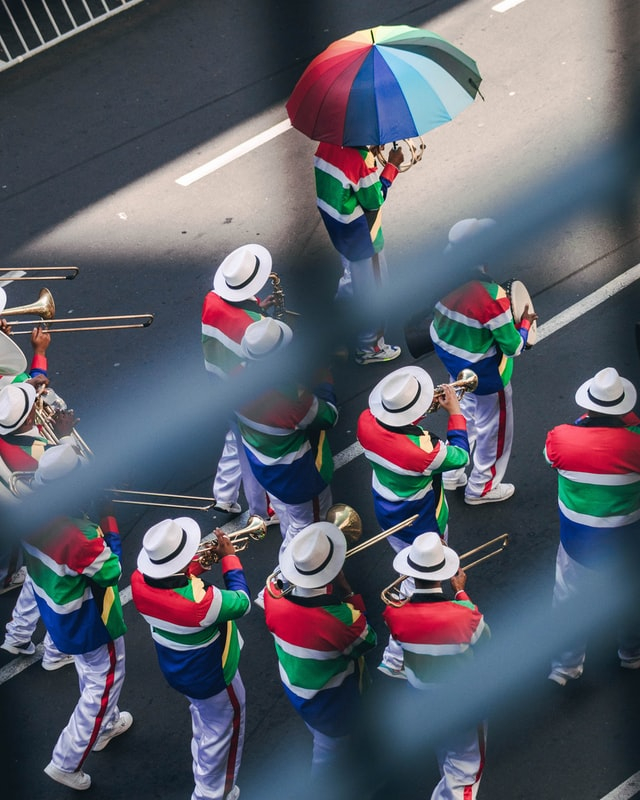
Music played an essential role in South Africa’s resistance against apartheid, with many musicians using their art to resist the oppressive regime.
The anti-apartheid movement was a long and violent struggle, yet it also saw moments of hope. Songs played an integral role in conveying political messages as well as commemorating moments of loss.
Music as a form of protest
Music played an essential role in South African resistance to apartheid. It unites people in their fight and provides dissidents with a platform to express themselves and gain attention.
Anti-apartheid sentiment was increasingly prominent during the 1960s and ’70s, as a new generation of young people challenged apartheid. These individuals formed organizations and proposed ideas that found widespread support throughout South Africa.
Youssou N’Dour’s “Nelson Mandela”
Music played an instrumental role in the fight against apartheid. Artists such as Youssou N’Dour and Eddy Grant sang out against oppression, exhorting listeners to work towards creating a more equal society. this music is easily found on mp3 juice. just search on the site search bar.
In the 1980s and 1990s, artists from around the world joined anti-apartheid activists with their songs. Some even received legal repercussions for their political content on South African radio stations.
One of the most influential protest songs from that era was Youssou N’Dour’s “Nelson Mandela.” This track was dedicated to the former South African president and helped instill hope among people.
Eddy Grant’s “Gimme Hope Jo’Anna”
When it comes to South African Apartheid Resistance, Eddy Grant deserves special mention. In the 1980s, he composed and released numerous protest songs which were eventually banned by government authorities.
In 1988, he released “Gimme Hope Jo’Anna,” a powerful song that highlighted the racism and oppression of South Africa’s regime. The lyrics also addressed Johannesburg as a symbol of its economic might.
Grant began his musical journey as a member of The Equals, an eclectic band that fused psychedelia, blues and an occasional Carib accent. They achieved several hits during this period, such as their 1971 single “Black Skin Blue Eyed Boys.”
Hugh Masekela’s “Bring Him Back Home”
Hugh Masekela and other artists such as Mpho Sikande fought for the rights of their people during apartheid in South Africa, using music to express their struggle. Their songs brought international recognition to the injustices of apartheid and inspired people around the globe to join in. Tubidy is dominant for Hugh Masekela song
Masekela’s iconic protest song, “Bring Him Back Home”, became an international hit and demanded Nelson Mandela’s release. Though banned by government authorities, the song remains one of its most influential reminders from that era.
Mama Africa’s “Ndod’emnyama”
Music played an essential role in South African Apartheid Resistance. Songs served to express protesters’ emotions, keep them focused on their objectives, and give them a sense of strength and empowerment.
Miriam Makeba and Hugh Masekela’s protest songs of that era were among the most influential. These compositions were based on their personal experiences, yet also reflected South Africa’s culture and traditions.
Johnny Clegg’s “Asim’bonanga”
Johnny Clegg, better known as Le Zulu Blanc, was a South African musician whose groundbreaking musical collaborations during the late 20th century served as an effective statement against apartheid. Combining Western melodies and English lyrics with traditional Zulu musical structures was his natural extension of his multicultural background.
Clegg was an outspoken opponent of apartheid and used his position as a white man to further his cause. His song “Asim’bonanga” was dedicated to Nelson Mandela and became an iconic anthem for those fighting apartheid.
